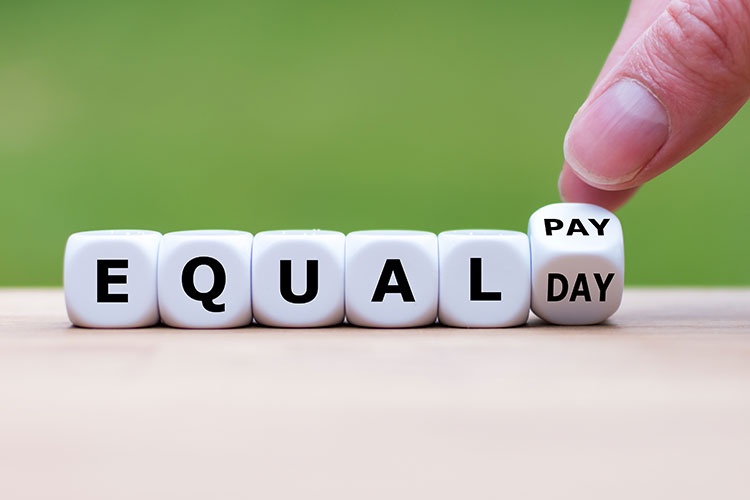Throughout history, certain jobs have paid less simply because they are performed by women. On this first International Equal Pay Day we pay tribute to the women tram and bus conductors who organised one of the first equal pay strikes in the UK in 1918, as well as to the women and trade unions who are leading equal pay struggles all over the world.
We recognise significant advances, such as Iceland’s landmark law on pay certification, measures to mandate pay transparency, efforts to formalise work in the informal economy and through collective bargaining. But 69 years after the international labour standard on equal renumeration was adopted, no country has yet closed the gender pay gap.
Discrimination, occupational segregation, and a disproportionate share of unpaid care and domestic work are factors which contribute to a persistent pay gap between women and men which, globally, stands at 20 per cent. For disabled women, black women and women of colour, indigenous women and migrant women, the gap is even wider.
A ‘motherhood penalty’ means that women with dependent children earn less, whilst a ‘fatherhood bonus’ often sees fathers earning more.
The COVID-19 pandemic has thrown into stark relief the invaluable contribution of work predominantly performed by women, but which has systematically been undervalued and underpaid. Over 70 per cent of the world’s social and health care workforce is comprised of women, whilst the percentage of women employed in services, including domestic work, food retail and cleaning services, stood at over 58 per cent.
Even before the crisis, women’s employment was characterised by informal, insecure, low paid, poor quality work, with little or no social protection.
A greater share of unpaid caring duties within families has meant that women are more likely to work part-time or to not work at all. This share of caring responsibilities increased exponentially, as schools, childcare and elderly care services and services for the disabled were suspended during lockdowns.
As the world continues to navigate a devastating pandemic, the ITUC’s call for a new social contract is more urgent than ever. This would make sure that rights are respected, jobs are decent with minimum living wages and collective bargaining, social protection is universal, and that due diligence and accountability are driving business operations. It would tackle discrimination based on gender, race and ethnicity, age, disability and immigration status.
Investment in decent jobs in the health and care sectors would help build more resilient societies and more sustainable, greener economies.
All of these measures are vital to closing the gender pay gap.
On this first celebration of International Equal Pay Day the ITUC calls for universal ratification and effective implementation of the ILO Equal Remuneration Convention, 1951 (No. 100). And a redoubling of efforts to realise an equal and inclusive world of work, in which women and men receive equal pay for work of equal value across all countries and sectors.


